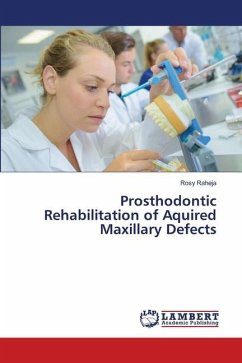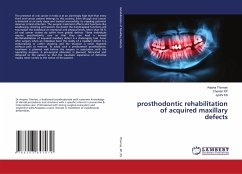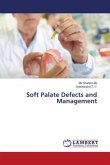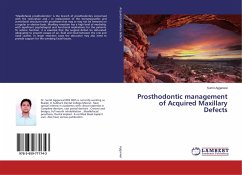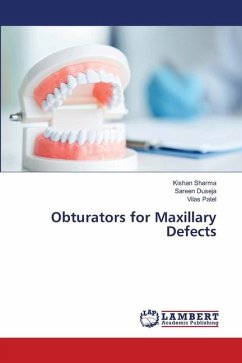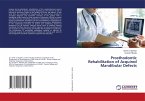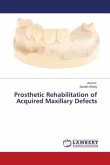The edentulous obturator patient has greater problems in retention, speech, and mastication than the conventional maxillary denture patient. While it seems obvious that these patients would benefit from implants placed in the maxilla, lack of suitable bone quality and quantity in the remaining arch and within the residual bones of the skull on the surgical side precludes widespread use of implants. Bone grafts and sinus lifts are usually needed in the remaining arch, but patients are often reluctant to undergo more surgery. Adjuvant radiotherapy leads to increased implant failure in the maxilla, and implants placed within the surgical cavity' are often not accessible through the oral opening for prosthetic restoration. In addition, implant cost is still prohibitive. Consequently, few patients have been able to benefit from implants. If clinicians have an option to maintain one or two maxillary teeth, these teeth should he maintained rather than rendering the patient edentulous. Although some teeth may not be adequately positioned to retain a conventional partial denture obturator prosthesis, they can become suitable overdenture abutments to be used in a coping/magnet system.
Bitte wählen Sie Ihr Anliegen aus.
Rechnungen
Retourenschein anfordern
Bestellstatus
Storno

